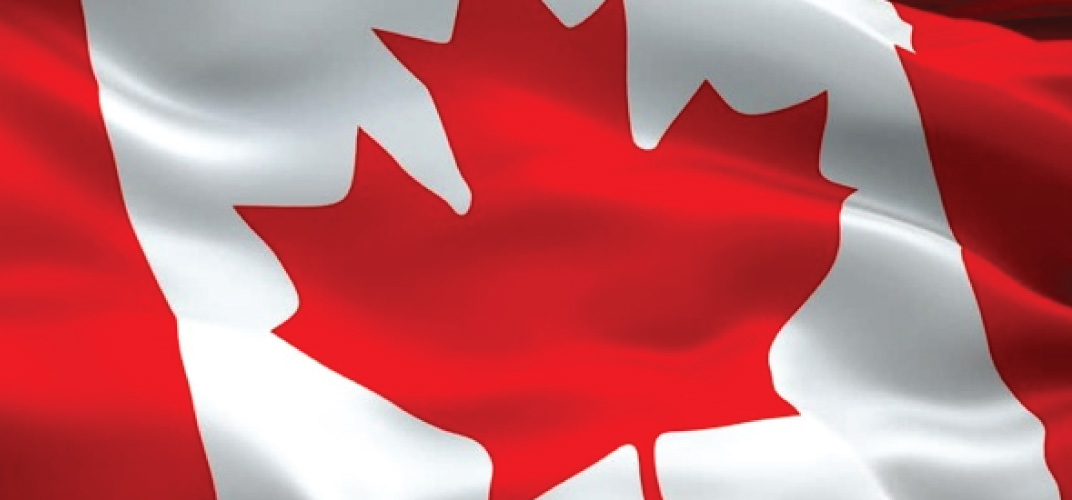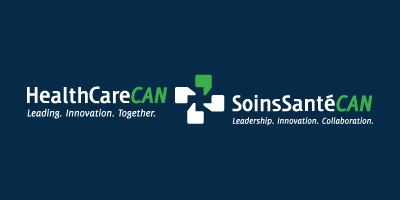This website uses cookies so that we can provide you with the best user experience possible. Cookie information is stored in your browser and performs functions such as recognising you when you return to our website and helping our team to understand which sections of the website you find most interesting and useful.

Newcomer Access to Professional Interpretation Services in Healthcare
OVERVIEW
Clear communication between patient and provider is a key factor in ensuring safe and effective medical care and when language barriers hinder clear communication quality care may be compromised. Even though language interpretation services help to overcome this challenge, existing systemic barriers prevent these services from being widely used across health systems.
The National Newcomer Navigation Network is exploring this issue and recently published a new position paper examining access to interpretation services in healthcare for newcomers in Canada.
BACKGROUND
The National Newcomer Navigation Network (N4) launched in 2019 as a platform to bring together the professionals from a range of disciplines who work to assist immigrants navigate provincial and territorial healthcare and social service sectors. N4 provides opportunities for professional development, education, networking, and promotes best practices in the field of newcomer navigation.
Hosted at HealthCareCAN member-institution The Children’s Hospital of Eastern Ontario (CHEO) in Ottawa, Ontario, the N4 Network receives funding support from Immigration, Refugees and Citizenship Canada (IRCC). HealthCareCAN has served as a national health sector representative on the N4 Advisory Committee since N4’s creation in 2019.
The N4 team conducted a needs assessment of newcomer navigation services between July 2019 and January 2021, interviewing stakeholders from healthcare institutions, newcomer health clinics, and settlement organizations all around the country. Inequitable access to language interpretation services in healthcare was a collective concern among stakeholders.
N4’s inaugural position paperN4 worked with the N4 Community of Practice Steering Committee to develop a working group which would support providers and organizations in reducing barriers to interpretation services. This paper is the key deliverable from that working group., National Standards for Healthcare Equity: The Case for Provincial Interpretation Services, outlines the issues surrounding piecemeal access to professional interpretation in a healthcare setting for newcomers and healthcare providers. The position paper includes recommendations to improve integration of professional interpreter services across health systems in Canada.
THE VALUE OF PROFESSIONAL INTERPRETER SERVICES IN HEALTHCARE
About one in four Canadians’ first language is neither French or English and language barriers can deny the provision of high-quality health care to newcomers who speak neither one of Canada’s official languages.[i] Health literacy is a strong determinant of individuals’ health status and health behaviours.[ii] Without the ability to communicate with a provider in their preferred language, newcomer groups and people who speak minority languages often cannot adequately engage with healthcare services.
Without interpretation services when accessing care, newcomers and their providers may come to rely upon ad hoc interpreters. Ad hoc interpreters are generally family members (very often school-aged children), friends, and neighbours, as well as settlement workers, and hospital staff members not involved in a person’s care.[iii]
A lack of professional interpretation and use of ad hoc interpreters can compromise patient safety, quality of a care, and a patient’s privacy, as well as potentially lead to increased use of emergency services and hospital readmission.[iii],[iv] As described in the position paper, research has shown that:
- A patient without access to interpretation is less likely to understand and adhere to their treatment protocol,
- Ad hoc interpreters not adept with medical vocabularly may unintentionally increase the risk of medical errors,
- A healthcare provider’s lack of cultural context may lead to not wholly understanding a person’s health condition and delaying referrals to specialists and diagnostic tests, or alternatively, ordering unnecessary tests,
- Medical instuctions (e.g., pre-surgery fasting guidelines) may not be followed if not communicated to patient in their perferred language and resulting in cancellation and rebooking of surgery.
The evidence demonstrates that professional interpretation – provided either virtually, by telephone and/or face-to-face – is a necessary service to provide safe and effective care to newcomers.
BARRIERS TO PROFESSIONAL INTERPRETATION SERVICES
When asked by N4 about their use of interpretation services in healthcare survey respondents described these services as “underutilized, cumbersome, costly, and not adequately integrated with health systems.”[iii]
Cost, challenges with booking an interpreter, and a lack support to help providers understand how to access linguistic services appear repeatedly in the literature as barriers to use of interpretation services.
The position paper references a study by Dowber et al that shows when a provider has access to low-cost, quality, professional telephone interpretation, there was a decline in the use of ad hoc interpreters.[iii] It is suggested that reimbursement mechanisms for professional interpretation services be implemented for providers and health organizations where no policies currently exist.
The process to book an interpreter can sometimes be complicated and hard to navigate. Health organizations may have multiple vendors for different languages each with a different booking system. N4 identified that difficult booking systems were a factor that prevented providers and healthcare personnel from interpretation services, even when available.[iii] N4 recommends centralizing the booking process at a regional or provincial level, which may lessen the cumbersome process.
Research reveals that provider training is key to increase uptake of professional interpretation services in healthcare. Beyond learning the booking system, it is important that the healthcare workforce have enough knowledge about, and confidence in, interpreter services, how to work effectively with patients who need interpretation, and understand how to choose the best interpretation modality based on patient preference, availability of languages, and technology. All told, training can make for a more positive experience for provider and patient.
IMPLICATIONS
Obstacles to equitable care have to be reduced or eliminated and the services better integated to motivate providers and healthcare organizations to use available services. N4 recommends that a national standard be set whereby provincial and territorial health ministries adequately fund a centralized interpretation service that incorporates both remote and face-to-face interpretation options. A centralized service is already in place in Manitoba. N4 details that it has been shown to improve the interpreter booking process, increase system efficiencies by reducing repeat or follow-up visits, increase patient safety and provide a better and more equitable experience for newcomers. Better integration of interpretation services can create a positive healthcare experience for newcomers, providers, and healthcare organizations alike.
N4 contends that the upfront costs of providing interpretation can later be recouped through improvements in patient compliance, decreased hospital admission and readmission to hospital, decreased length of stay, savings in staff costs and physician time, and a reduction in the use of emergency departments.
As N4 continues to make the case for a national standard for professional interpretation services, HealthCareCAN continues to support N4, particularly given the fact that healthcare organizations across Canada are dealing with an unprecedented workforce shortage crisis. In June 2022, N4 received additional funding from IRCC to help support the work it is doing to help Internationally Educated Health Professionals in Canada to find employment in healthcare. HealthCareCAN has been advocating in this area with our Health Human Resources Advisory Committee.
REFERENCES
[i] Statistics Canada. (2022). While English and French are still the main languages spoken in Canada, the country’s linguistic diversity continues to grow. https://www150.statcan.gc.ca/n1/daily-quotidien/220817/dq220817a-eng.htm
[ii] Rubin, D and Nicodimos, S. (2018). A health literacy report: analysis of 2016 BRFSS health literacy data. https://www.cdc.gov/healthliteracy/pdf/Report-on-2016-BRFSS-Health-Literacy-Data-For-Web.pdf
[iii] National Newcomer Navigation Network. (2022). National standards for healthcare equity: the case for provincial interpretation services. https://www.newcomernavigation.ca/en/our-network/resources/documents/N4-Position-Paper-National-Standards-for-Healthcare-Equity-en.pdf
[iv] UnitedHealth Group. (2020). Improving health literacy could prevent nearly 1 million hospital visits and save over $25 billion a year. https://www.unitedhealthgroup.com/content/dam/UHG/PDF/About/Health-Literacy-Brief.pdf
PUBLISHED
August 17, 2022
FOR FURTHER INFORMATION
Emily Follwell
Policy and Research Analyst
efollwell@healthcarecan.dev2.inter-vision.ca
Jonathan Mitchell
Vice President – Research and Policy
jmitchell@healthcarecan.dev2.inter-vision.ca
Related:
Submission to the Federal Government’s Consultation on Artificial Intelligence (AI) Compute





